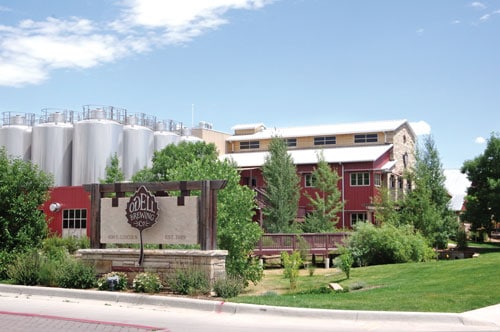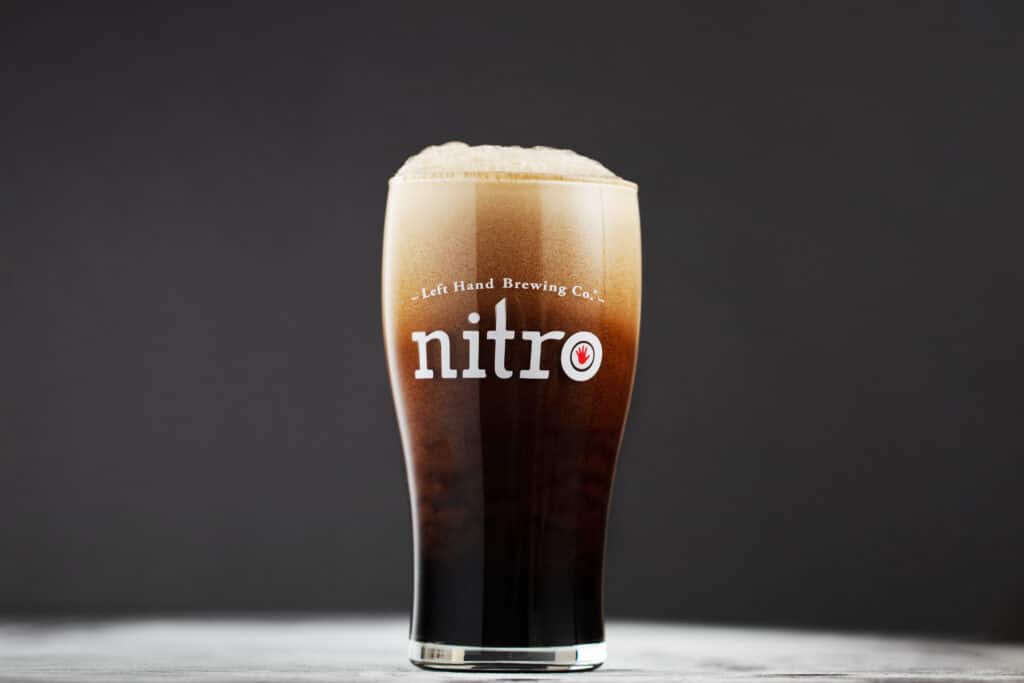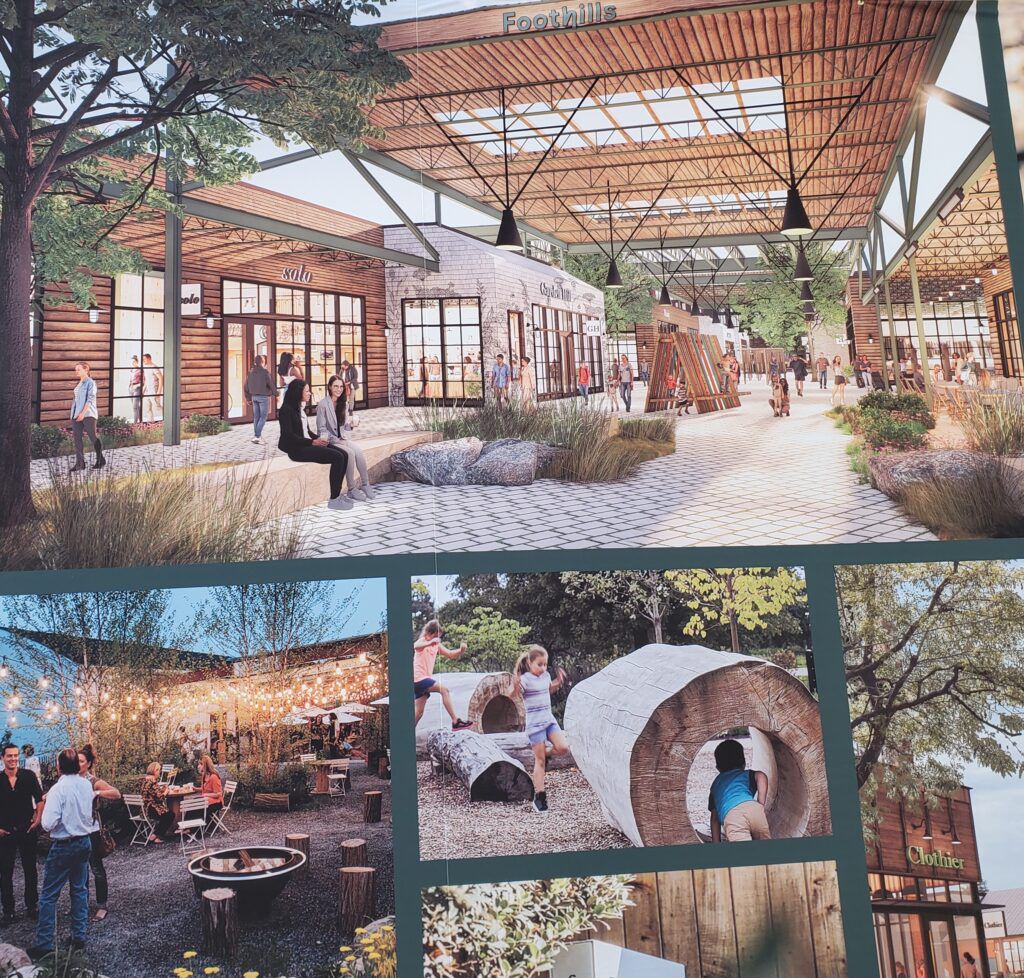A brewing concern

LONGMONT — Sometimes, the delivery trucks carrying carbon dioxide to Left Hand Brewing Co. bring only 10,000 pounds at a time — enough to fill maybe a quarter of one tank. That is, when the deliveries come at all, which they sometimes don’t.
“We’re basically tracking the trucks,” Left Hand co-founder and president Eric Wallace said.
That’s emblematic of one of the many issues facing the craft-brewing industry today: a worldwide shortage and price inflation of CO2 that is limiting the ability of brewers to get an adequate supply of one of the most essential ingredients in the brewing process. Combine that with general supply-chain problems and commodity price inflation, and the craft beer industry is facing disruption on multiple fronts.
“Our business is, to some degree, under siege,” Wallace said.
CO2 is one of the most vital parts of the brewing process. It is used not only to add carbonation to the beer, but also to clean fermentation tanks and keep them free of oxygen before they’re refilled.
According to data from Bart Watson, chief economist for the Boulder-based Brewers Association, CO2 has seen steeper producer price index inflation than any other brewing input cost, including malt, paperboard, aluminum and shipping. This time of year usually has some kind of CO2 shortage, Watson said, but this year is far worse.
“The peak of CO2 shortages are usually late summer to early fall,” Watson said. “This is a time of year where it’s typically worse. “Of course, this is much worse than usual seasonal tightness. disruptions have become more common.”
Many of the parts of PPI that brewers care about most show a similar story as the overall numbers (overall 0.4% growth in September). Growth in 1st half of the year much stronger than last three months. So YoY growth still huge, but stabilizing over past quarter. pic.twitter.com/JwpdFvFcUF
— Bart Watson (@BrewersStats) October 12, 2022
There are numerous reasons for this. CO2 is primarily produced as a byproduct of the production of ethanol and ammonia. Several ammonia production facilities in North America have closed this year because of maintenance, and the war in Ukraine has drastically affected ammonia production in Europe.
Production of ethanol, which fell during the COVID-19 pandemic, has also failed to recover to previous levels.
Furthermore, one of the biggest natural sources of CO2 in the United States — the Jackson Dome, an extinct underground volcano in Mississippi — has been contaminated with sulfur and is currently not usable.
The situation is affecting all brewers, but the craft-beer industry is being hit hardest.
“Craft brewers are buying in smaller quantities,” Watson said. “That leads to higher prices. They can also be less likely to have long-term contracts with their CO2 suppliers, which help hedge against price inflation.”
Wallace said Left Hand has had days where it had to postpone production because it didn’t have enough CO2.
“It shifts things around,” Wallace said. “It causes spot outages, which are lost sales. In the current environment, any lost sales are bad. Things are tough now.”
Some craft breweries, such as Odell Brewing Co. in Fort Collins, are getting around this by installing CO2 recapture technology that creates a closed loop system and lets the brewery recover and reuse CO2.
The system, branded Pentair Haffmans CO2mpactBrew and especially designed for smaller, craft-size breweries, was developed by Pentair PLC, a water-treatment company incorporated in Ireland.

“We are proud to be working in close partnership with Odell Brewing Co. as their CO2 recovery solution provider,” Molly Tsipis, Pentair’s North American director of sales, said in a news release announcing the project. “Our CO2 recovery plant, Pentair Haffmans CO2mpactBrew, is enabling Odell Brewing to become CO2 self-sufficient, a critical strength in the current CO2 supply landscape. By generating their own continuous supply of CO2 with Pentair Haffmans CO2mpactBrew, Odell Brewing can contribute toward a sustainable future while avoiding volatile pricing, supply risks, and quality Issues.”
Nitrogen as an alternative
Left Hand is mitigating the shortage in part by substituting nitrogen for CO2 where it can, Wallace said. Left Hand makes a lot of nitro beer, so it uses a lot of nitrogen, which is not currently undergoing a shortage. Left Hand has taken to using its bulk nitrogen to clean fermentation tanks instead of CO2.
Additionally, the shortage is not as bad in Colorado as it is on the east coast, where craft breweries such as Night Shift Brewing Co. in Everett, Mass. and Alewerks Brewing Co. in Williamsburg, Va., have had to undergo prolonged production shutdowns because of a lack of CO2.

“The shortage varies regionally,” Watson said. “It depends on where you are. Brewers would be wise to think of ways they can reduce their CO2 usage.”
And as bad as the CO2 shortage is, it’s far from the only issue affecting craft brewers right now, nor the most serious, Wallace said: general inflation, supply-chain disruptions and competition from larger brewing companies all are buffeting craft brewers.
“The underlying issues are much bigger,” Wallace said. “There are inflationary pressures on all sides. Breweries continue to get consolidated and distribution channels get clogged up by big brands.”
The war in Ukraine also has other negative effects. Ukraine is one of the world’s biggest grain producers. Ukraine and Russia are both among Europe’s top producers of aluminum. The war is disrupting supplies of both.
Major aluminum can producers such as Westminster-based Ball Corp. (NYSE: BALL) had already begun cutting off some of its smaller customers before the war further threw a wrench in things. Left Hand hasn’t been cut off, but Wallace said its cost of cans has increased by 32% in the past year.
Tap houses have also been badly affected by closures over the past few years, something that has cut into Left Hand’s on-premise sales, Wallace said.
The rapid decline in the hard seltzer market — it’s fallen 5% this year after nearly 12% growth in 2021 — is also harming the craft-beer industry. Unsold seltzer inventories are clogging up shelf and warehouse space, limiting the amount of beer sellers and distributors can buy.
“CO2 is an easy explanation for why things are bad, but as with most things the answer is far more complicated,” Wallace said. “Here in our market we are just dealing with a lot of different problems.”
There is not much relief in sight for these issues, Watson said. Craft breweries will have to continue to adapt and push through the myriad problems if they want to stay afloat. For Left Hand, which just won Brewery of the Year at the Great American Beer Festival, that’s exactly what they’re going to try to do.
“We’re going to use that to keep our little independent business moving forward in the face of all these headwinds,” Wallace said. “Small, independent businesses are fundamental to the health of our society, and it’s just getting harder and harder to operate as an independent as economic and market forces come into play.”
Source: BizWest



